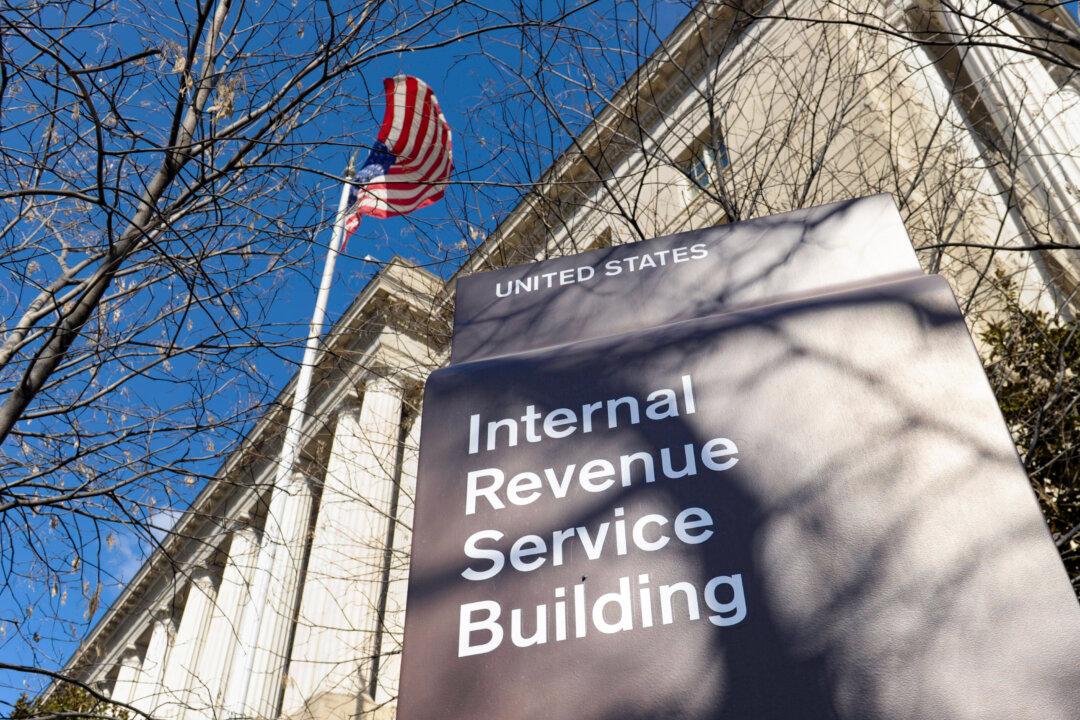The IRS has issued proposed regulations that would abolish certain tax shelters.
The agency’s proposed rulemaking would classify certain types of insurance arrangements that let small businesses benefit from tax breaks as either “listed transactions” or “transactions of interest,” making it easier for the IRS to disallow certain claimed tax benefits.





